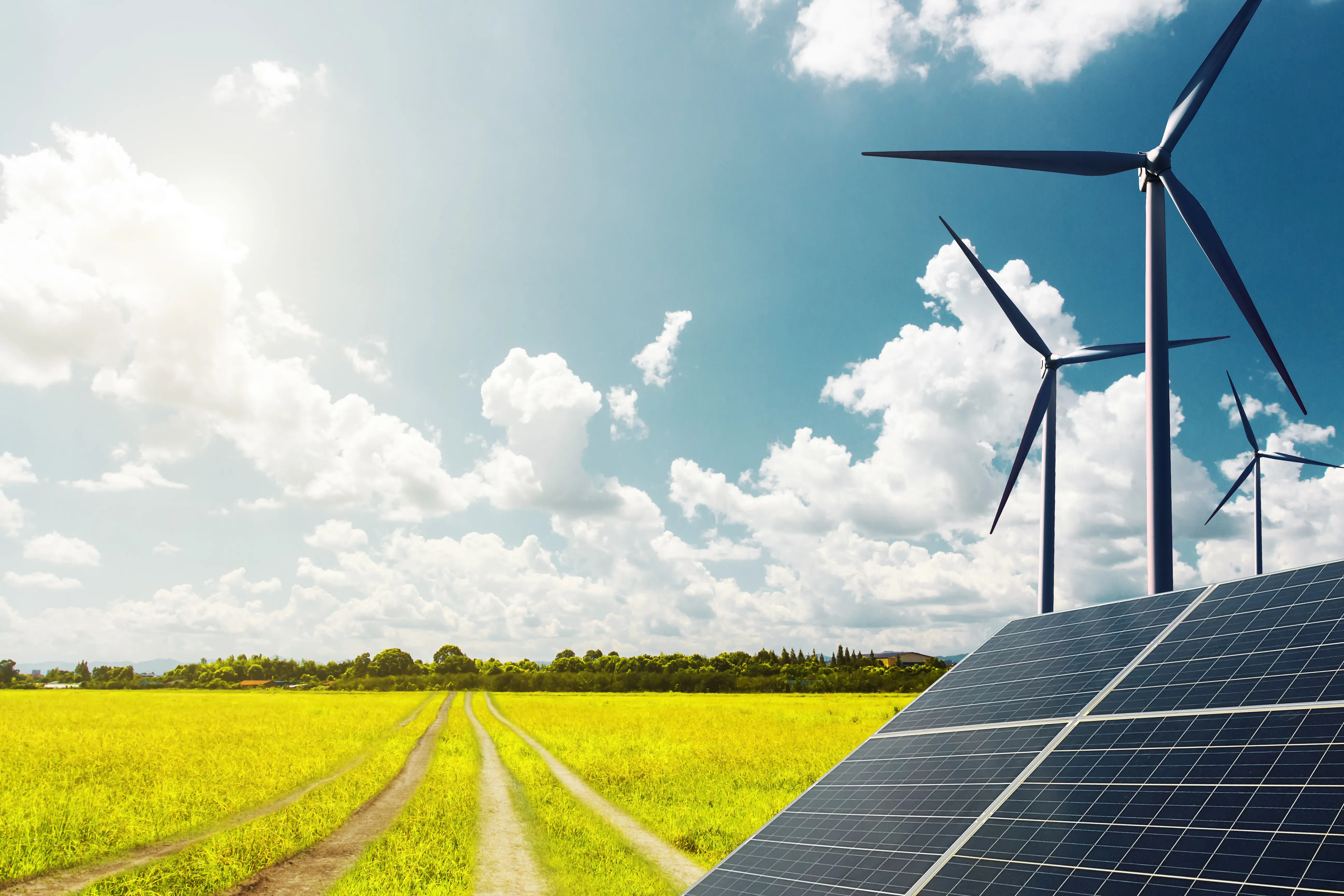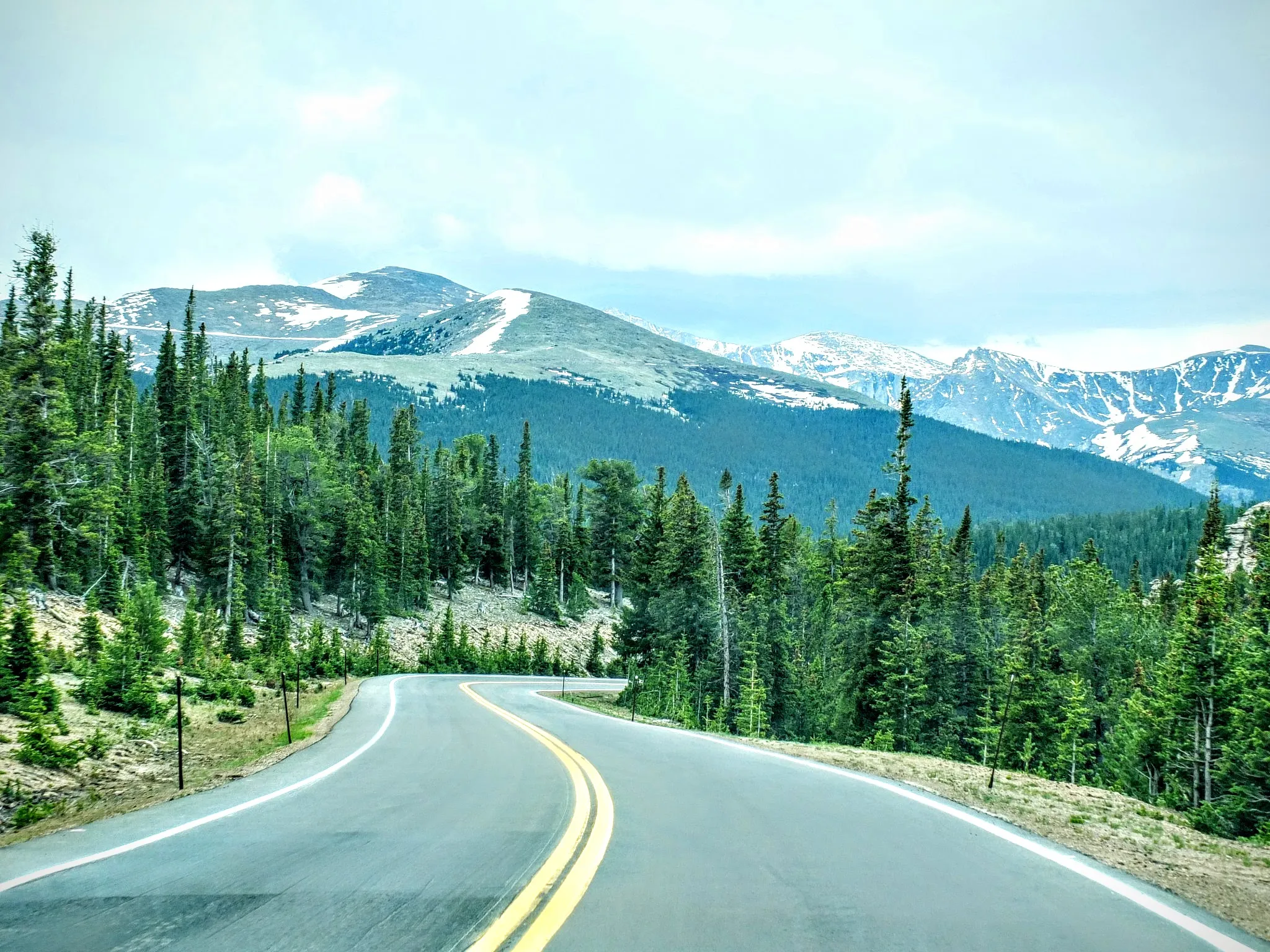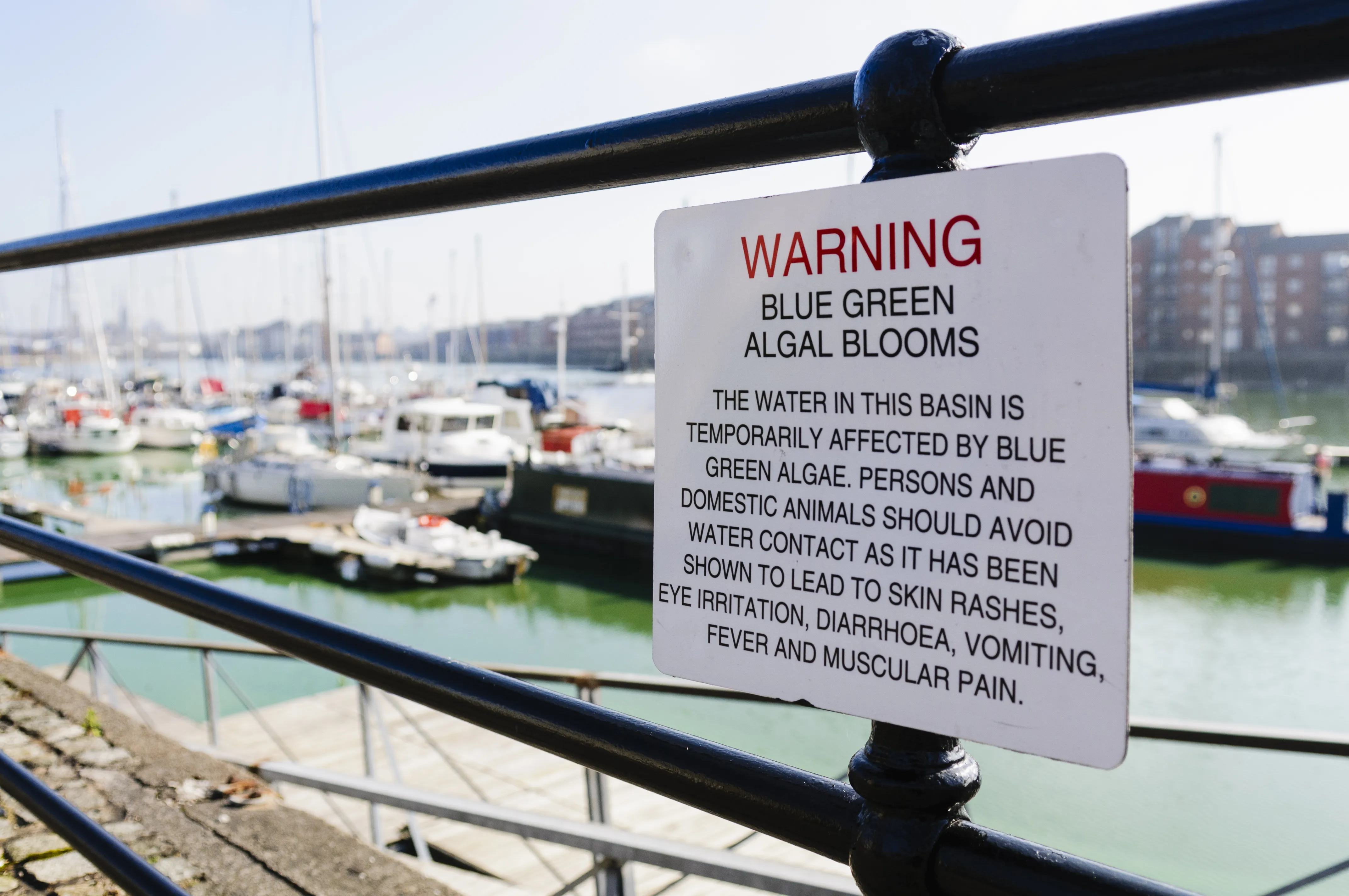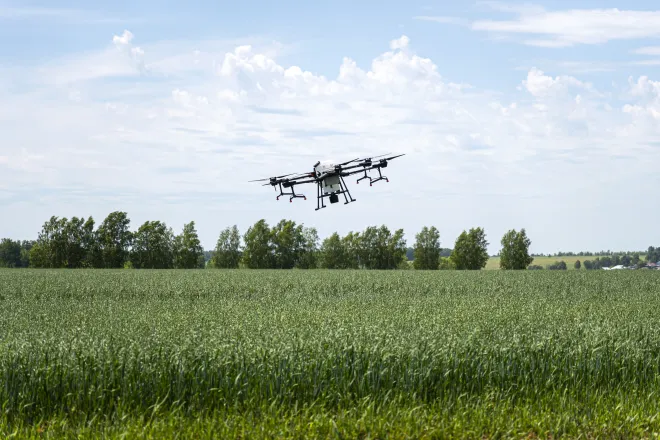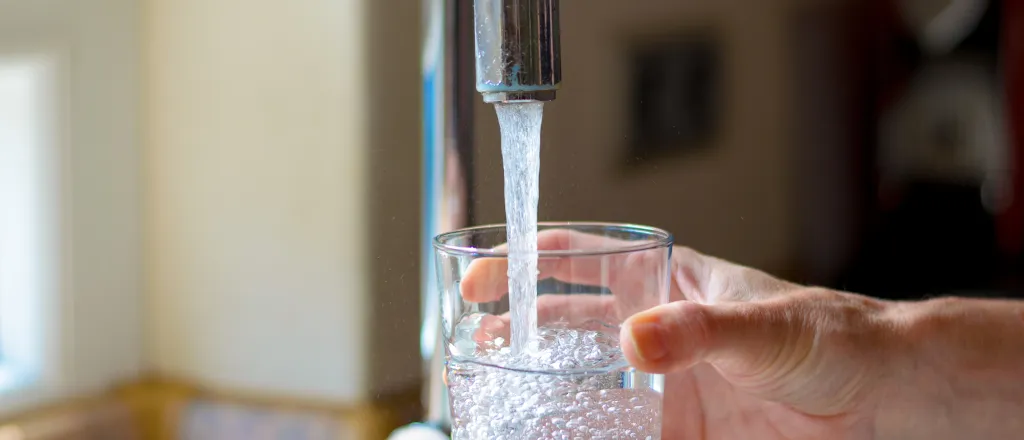
Trying to conserve water, one faucet at a time in North Dakota
© mheim3011 - iStock-544332118
Click play to listen to this article.
(Prairie News Service) World Water Week is underway, as leaders forge discussions on the global water crisis. Supply issues aren't as urgent in North Dakota, but that doesn't mean conservation is an afterthought.
Dani Quissell - executive director of the North Dakota Water Education Foundation - said the state is lucky to sit on a more predictable water supply, namely the Missouri River, when compared to elsewhere in the U.S.
But she acknowledged that droughts in recent years serve as a reminder for state & local governments, and residents, to not take this precious resource for granted.
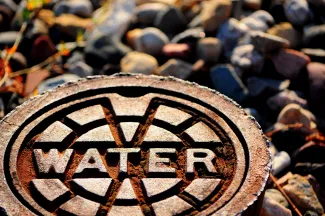
© artzenter - iStock-509493427
At home, she said basic conservation tips still apply.
"Being mindful on when we're letting the tap run where you're filling a pitcher," said Quissell, "and then you walk away for a minute to go let the dog out or something, keeping in mind that that water is running over and right down the drain."
She said that mindfulness should also come into play with other daily practices, like brushing your teeth.
As for policymakers, Quissell encouraged strong communication across various agencies - to ensure water supplies are prioritized when mapping out commercial and residential development.
Surging demand and uneven regulations have plagued western states as key water sources dry up.
Quissell argued that North Dakota closely monitors water use around the state. As climate change threats take shape, she said that has to be the approach moving forward.
"It's a mindset to have in wet periods and dry periods," said Quissell. "I think you build those habits over the long term. I think it's important to be thinking about being a good steward of the resource to have available for our children and our grandchildren."
Agriculture is one sector that has come under scrutiny for how it uses up water for food production. But Quissell said innovation and technology have helped to address that problem.
For homeowners irrigating their lawns, she urged them to run sprinklers at dusk or pre-dawn. That way, the water won't quickly evaporate in the midday heat.





